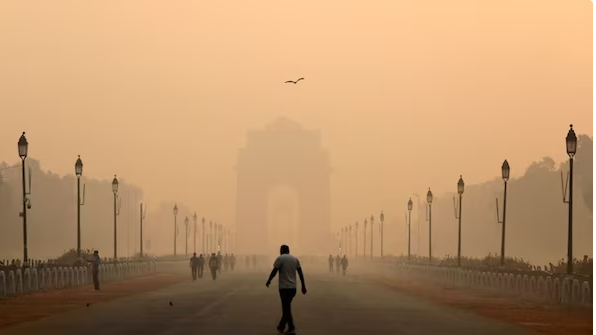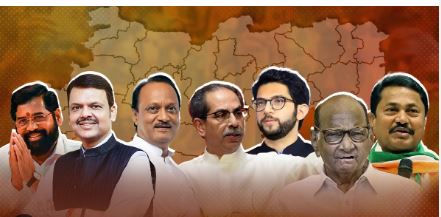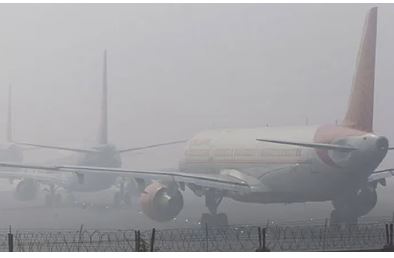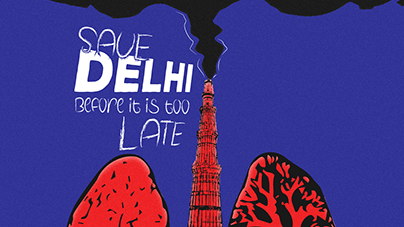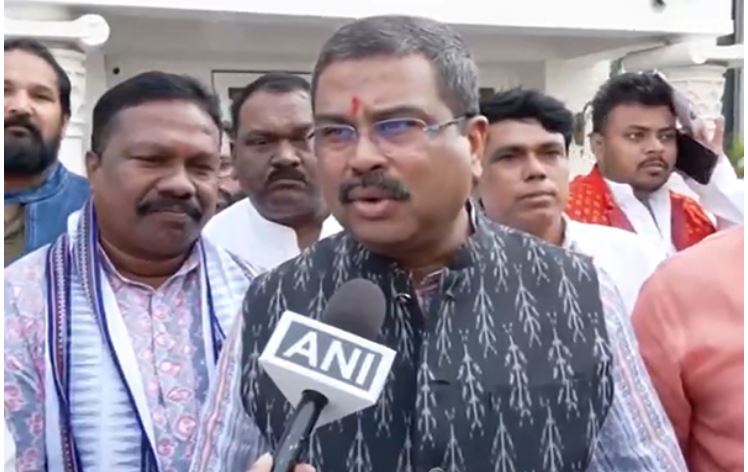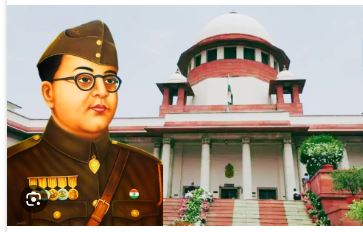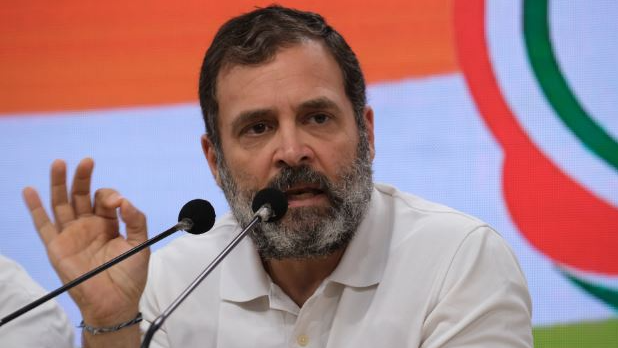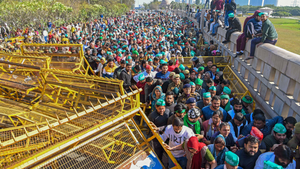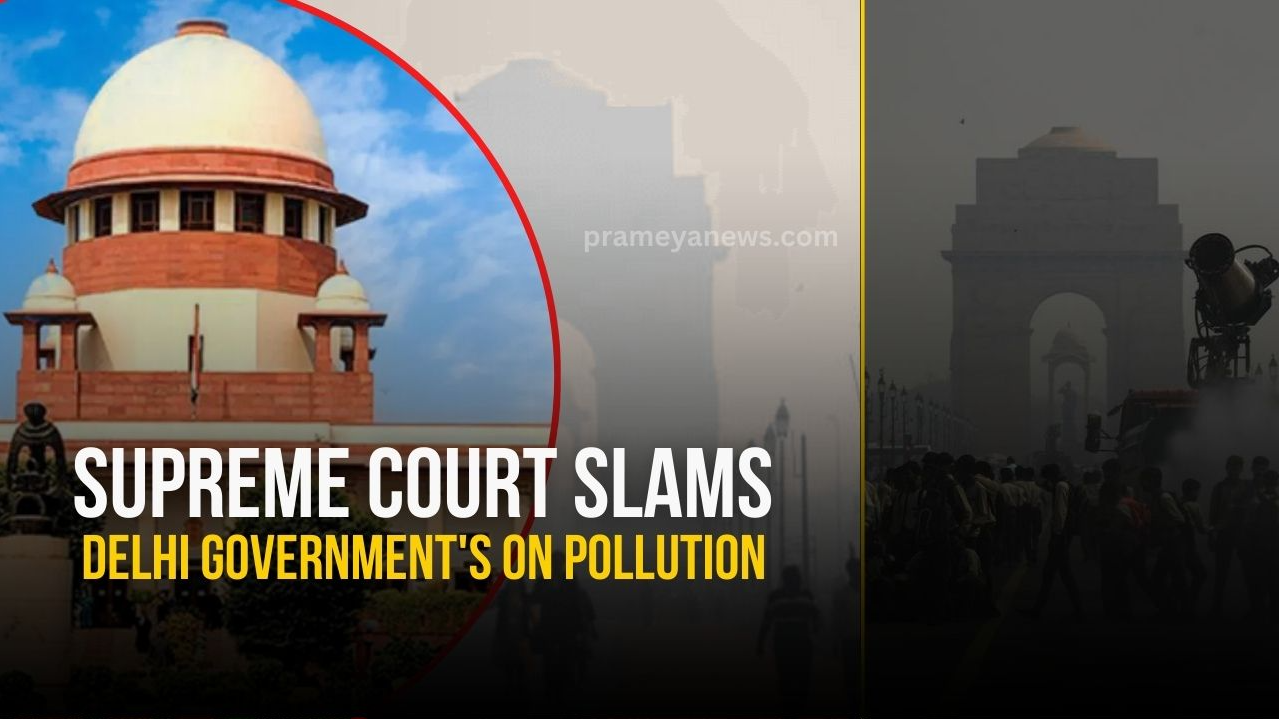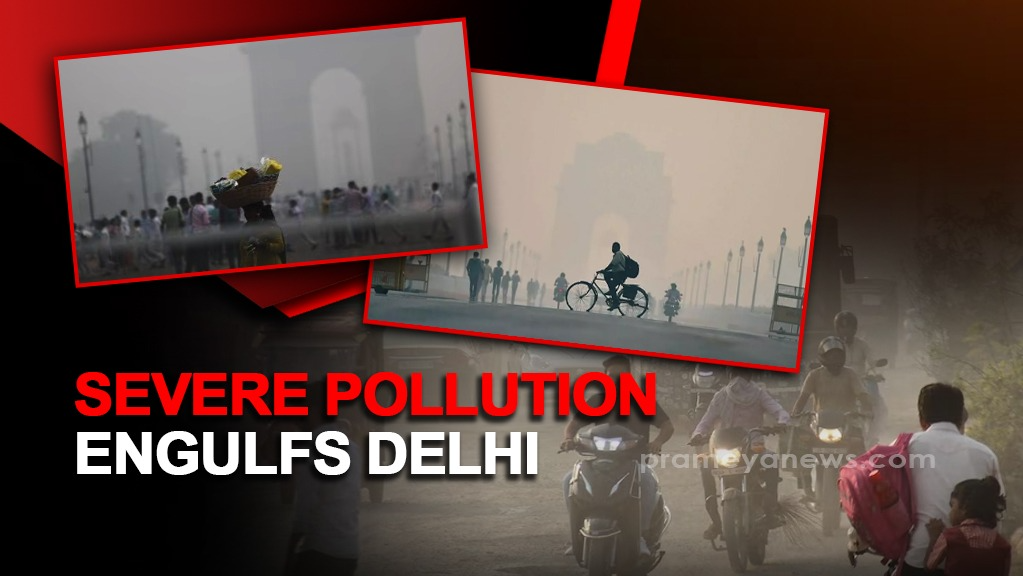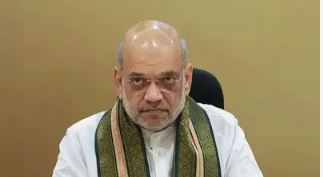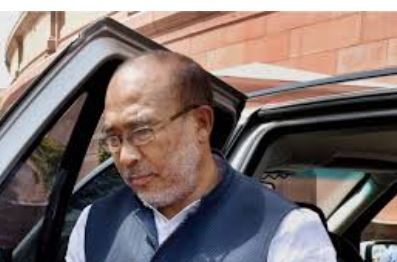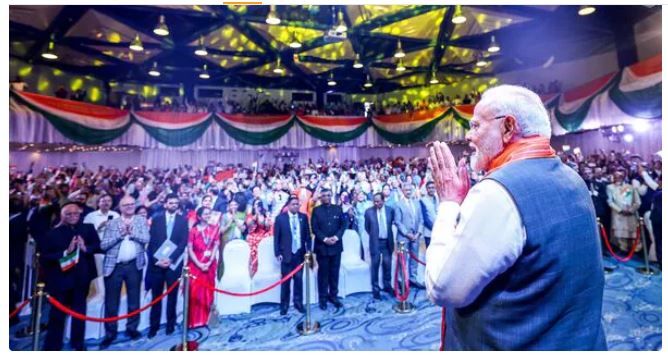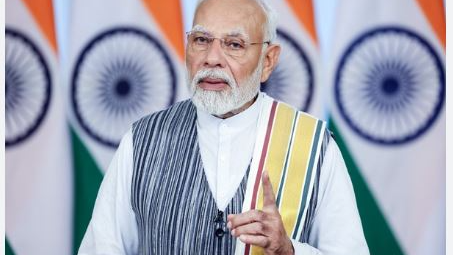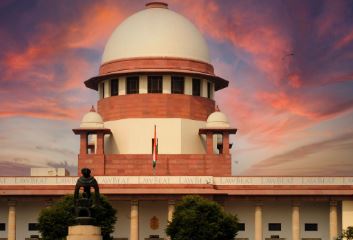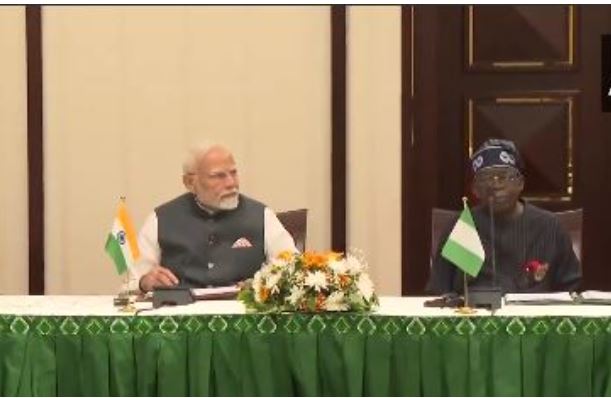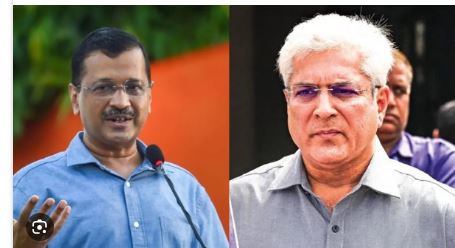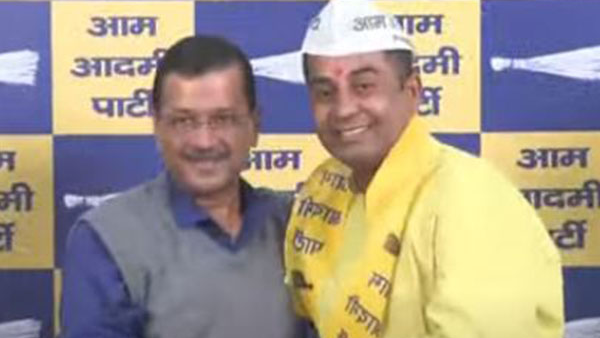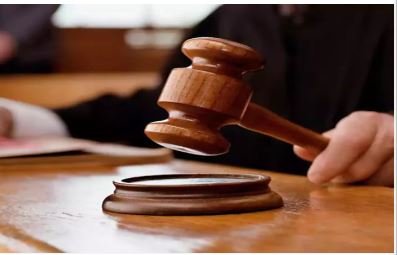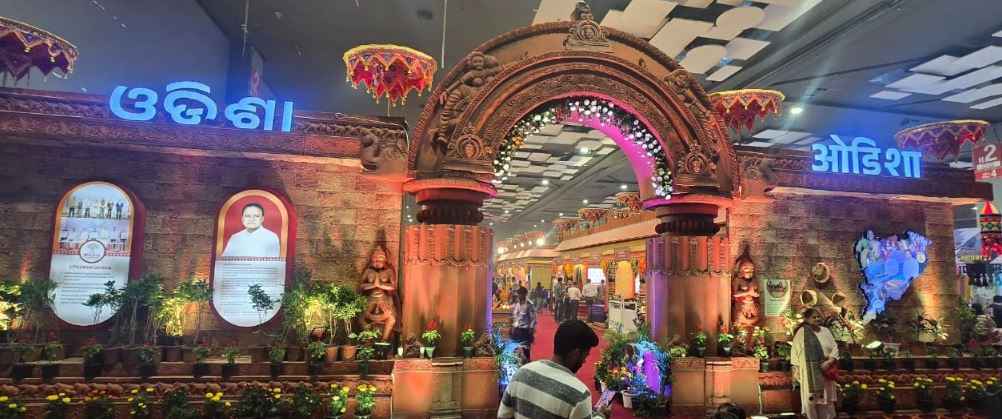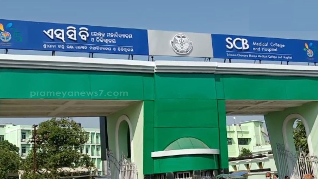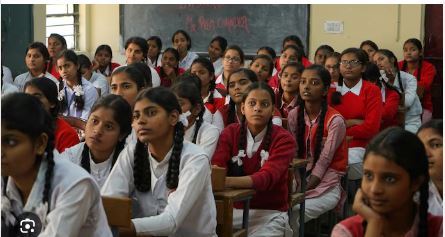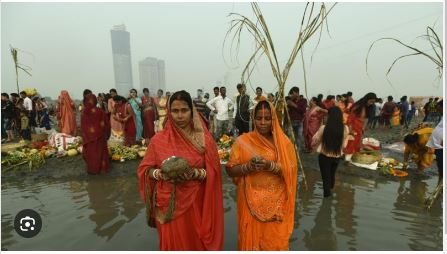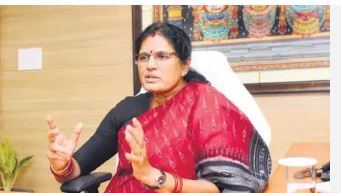Bhubaneswar: With Delhi clouded by thick blanket of toxic smog, and the AQI in 38 places remaining over 450, veering to 500, the national capital has recorded its highest pollution day of the season. The country’s Apex court Monday expressed its anguish over the deteriorating air quality despite all guidelines and solutions in place.
The Supreme Court Monday asked the Delhi Government authorities to keep GRAP IV in effect even if the AQI dips below 300. The top court has passed strict directions that the decision to lift GRAP IV from Delhi will be taken only with court’s permission.
WHAT IS GRAP IV?
The stagewise air pollution mitigating measures /restrictions have been announced by the Committee for the Air Quality Management (CAQM). The restriction s under GRAP IV will come into effect in Delhi when the AQI cross the 450 threshold value. As per CAQM, here are the following restrictions under the GRAP IV.
- Stop entry of truck traffic into Delhi (except for trucks carrying essential commodities/ providing essential services and all CNG / electric trucks).
- Ban on plying of Delhi registered diesel operated Medium Goods Vehicles (MGV) and Heavy Goods Vehicles (HGV) in Delhi, except those carrying essential commodities / providing essential services.
- Ban on plying of 4-wheeler diesel LMVs in NCT of Delhi and Districts of NCR bordering Delhi, except BS-VI vehicles and vehicles used for essential / emergency services.
- Close down all industries in NCR, even in areas which do not have PNG infrastructure and supply but still running on fuels, other than the fuels as per the Standard list of approved fuels for NCR.
- Note: Industries like milk & dairy units and those involved in manufacturing of life saving medical equipments / devices, drugs and medicines shall however be exempted from the above restrictions.
- Ban Construction & Demolition activities in linear public projects such as highways, roads, flyovers, over bridges, power transmission, pipelines etc.
- NCR State Governments / GNCTD to decide on allowing public, municipal and private offices to work on 50% strength and the rest to work from home.
- Central Government may take a decision on permitting work from home for central government offices. - Central Government (DoPT).
- State Governments may consider additional emergency measures like closure of schools/ colleges/ educational institutions, closure of non-emergency commercial activities and plying of vehicles on odd-even basis etc.
- Children, elderly and those with respiratory, cardiovascular, cerebrovascular or other chronic· diseases to avoid outdoor activities and stay indoors, as much as possible.




